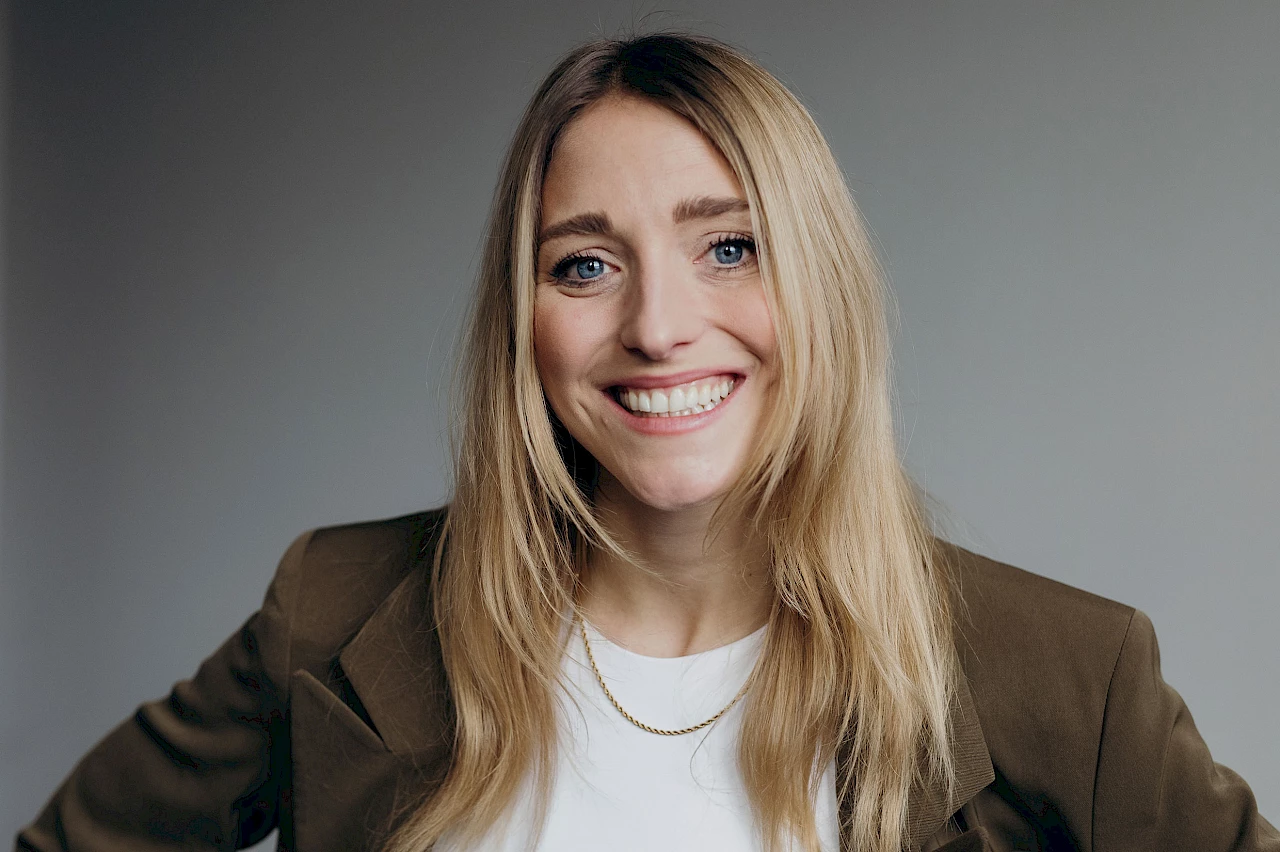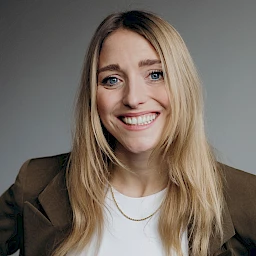On the occasion of World Mental Health Day, the IBA Forum editorial team talked with the mental health expert Nora Dietrich. In Part 2 of the interview the topic is “healthy” organisations and the role of managers regarding mental health in the workplace.
“We spend 80,000 hours of our lives at work — how can we create workplaces that foster mental health instead of costing it?” This question is at the beginning of your website. In your opinion, how should healthy workplaces be designed?
Above all, healthy workplaces should be designed together with the teams. This partly depends on the type of cooperation and of course on the sector. At the beginning of the process, the group should arrive at a definition together by asking: What does health mean for us? The question is: What is our concept of a “healthy organisation”? This means the group should formulate a vision and a target image and orient itself accordingly as it asks: How do we get there? For example, no stress management in the world can compensate for an overly heavy workload. I believe the first step should be to identify the potential risks. According to Part 1 of the Act on the Implementation of Measures of Occupational Safety and Health (ArbSchG), companies are in fact obliged to conduct a risk assessment in order to protect their employees’ physical and mental health. They have to find out which elements in the work structures, the organisational cooperation and the work environment can lead to a health risk. That’s where we must begin. In many cases these are measures that require us to be ready to break up old structures. I believe that the workplace should be a place where I can be authentic, where I can contribute all the facets of my personality, where I can be creative but also ask critical questions, where I am appreciated for my contribution and where I am permitted to autonomously make my own decisions — in other words, to really participate in shaping the work. It’s also about solidarity. Has the team got my back? Does my manager support me? Many facets of New Work flow into this question. It’s all about meaning, co-creation, a sense of belonging, effectiveness and a work process that is oriented toward individual strengths.
What qualities do managers need in order to deal with this issue in their teams?
Managers definitely should be well trained. It starts with understanding: What is mental health? What does it have to do with work? What biases or emotional triggers do we carry within ourselves? What are the things that get on our nerves, that we then quickly push aside? Can they perhaps be traced back to an individual’s sense of carrying an emotional burden? Maybe a team member always comes late or doesn’t get in touch on time. Are these the first signs of overwork? And then: What is my own history, and what’s the state of my own mental health? How do I treat myself, and why is this so? What are my own internal driving forces? The topic of mental health is closely related to self-reflection and self-management, which enable us to set an example ourselves. For managers, it’s about learning how recognise mental overload and being able to address this problem in the right way. What’s needed here is not only communication competence but also familiarity with the available resources. In other words, when do I get the Human Resources team involved, and what resources do we have as an organisation? Where are my own limits, and what is not part of my job profile as a manager? It’s important to know these grey areas exactly and to acquire tools and skills for this purpose, so that you don’t start floundering or say nothing because of a fear of saying the wrong thing. Unfortunately, we experience this very often.
In your opinion, what are the characteristics of a resilient organisation?
If we use every gap in our calendar as efficiently as possible and make all of our processes lean, there is little room for resilience. Companies need more space and buffer zones for the unexpected. They also need a feeling for what’s happening on the market and what organisations will have to face in the future. And they need teams that stick together, in which the team members can talk about emotions. Time to experiment and time to recharge one’s own batteries. In short, we need to slow down and to have buffers and an interpersonal culture of honesty, experimentation and health.
How can employees themselves create a good foundation for their mental health?
The first step is self-reflection. Do I know myself well enough to realise when stress is getting the upper hand? I always call that a self check-in to see where you stand. You have to keep in touch with yourself and recognise your own warning signs: the headaches you suddenly have several times a week, the sleep disturbances, changes in your eating habits or brusque e‑mails. Many people ignore this as long as possible, until at some point it can no longer be ignored. In these areas people should be more proactive themselves, get to know themselves better and ask themselves: What helps me in such situations? It’s a question of how can I relieve the pressure? Who can help me in this situation? What kind of support can I count on? Which need have I simply ignored for too long? When do I perhaps have to say No and define my specific boundaries?
What are your personal tips and strategies for mental health at work?
An important aspect for me is managing my personal energy. For me, it’s no longer so much about time management, but about energy management. For example, if I run a workshop in the morning and I’m full of energy, theoretically I would have time for meetings or even another workshop in the afternoon – but do I have the energy? So you have to understand for yourself that a white space in your calendar doesn’t necessarily mean that you have that free time energetically. That was an important shift for me. The issue of setting boundaries is also important for me. I am an absolute people pleaser and workaholic. It is therefore difficult for me to say no. That’s why I no longer respond to requests immediately. I open up the space for myself to no longer want to please everyone and to follow my inner compass. To consciously take time for private things that otherwise always fall behind, like 15 minutes of yoga in the morning or lunch with a friend. Another building block for me is physical activity. I work a lot standing up and, because of my one-year-old son, I’m also outside a lot, whether I want to be or no :) .
Nora, thank you for talking with us.






